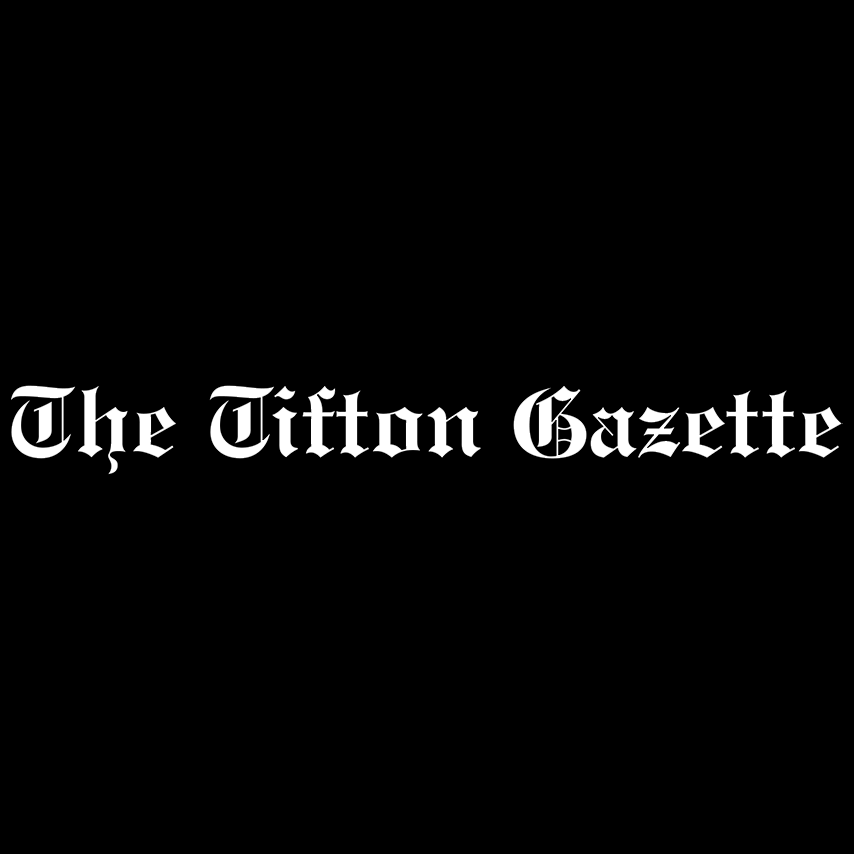
Opera has filed a formal complaint against Microsoft in Brazil, accusing the tech giant of employing anti-competitive tactics to promote its Edge browser while undermining alternatives. The move follows a series of strategies by Microsoft designed to retain users within its ecosystem, including modifying Chrome download sites and deploying aggressive pop-up notifications.
According to Aaron McParlan, general counsel at Opera, these actions reflect a broader pattern of behavior that stifles competition. “Microsoft thwarts browser competition on Windows at every turn,” he stated. The complaint emphasizes that Opera and similar browsers face significant barriers in gaining visibility and access to users, particularly when Microsoft restricts preinstallation opportunities for alternative browsers.
Opera’s allegations extend to the manner in which Microsoft manages user preferences. The company claims that Microsoft frequently disregards users’ default browser settings. This includes instances where PDF files and links in applications such as Outlook and Teams automatically open in Edge instead of the user’s chosen browser. Opera also highlights the use of intrusive banners that discourage users from downloading other browsers during their search for alternatives on Edge.
The choice to file the complaint in Brazil stems from the country being one of Opera’s key markets. McParlan noted, “Opera is already a major success in Brazil: it is the third most popular browser in Brazil and has millions of loyal users who actively choose it, despite Microsoft’s tactics.” The complaint underscores Brazil’s potential role as a leader in addressing these international issues surrounding digital competition.
If Opera’s complaint is successful, the company seeks several remedies from Microsoft. These include allowing PC manufacturers to preload alternative browsers as default and stopping Microsoft from obstructing users who wish to download other browsers. Additionally, Opera aims to eliminate what it describes as “dark patterns” that manipulate users towards Edge.
Notably, Opera has previously challenged Microsoft’s practices on a global scale. In 2022, the company contested the European Union’s decision not to classify Microsoft Edge as a “gatekeeper” under the Digital Markets Act (DMA). While Microsoft avoided this designation, it was still compelled to modify its Windows offerings in EU markets, resulting in a reduction of notifications pressuring users to adopt Edge.
“We believe that Microsoft’s conduct, including the changes that it has announced in Europe, are insufficient to attain effective compliance with the DMA,” McParlan remarked. In light of these ongoing challenges, Opera has appealed the European Commission’s decision regarding the gatekeeper designation.
The controversy surrounding Microsoft’s practices extends beyond the Edge browser. Earlier in 2023, the company faced scrutiny for creating a deceptive user interface that mimicked Google to mislead Bing users into thinking they were using Google search. This interface incorporated design elements that closely resembled Google’s, prompting swift backlash from the public and resulting in its removal.
Opera’s history of grievances against Microsoft dates back to 2007, when it filed an antitrust complaint with the European Union. This effort ultimately contributed to the implementation of a browser ballot screen, allowing Windows users to select from the twelve most popular browsers instead of defaulting to Internet Explorer. Although Microsoft was mandated to maintain this screen for five years, it faced a significant financial penalty of $730 million in July 2013 for failing to include the ballot in Windows 7 Service Pack 1.
As Opera continues to pursue this latest complaint, the outcome could have significant implications for browser competition and consumer choice, both in Brazil and globally.







